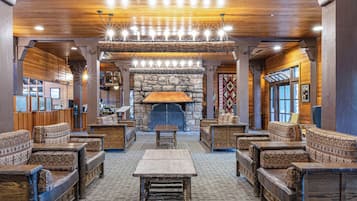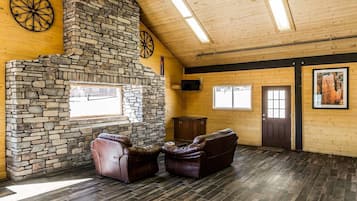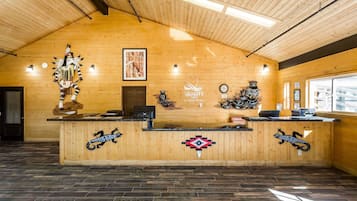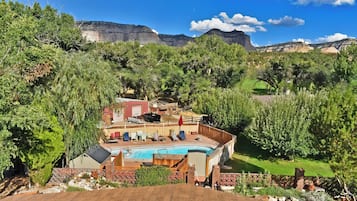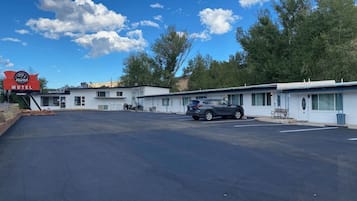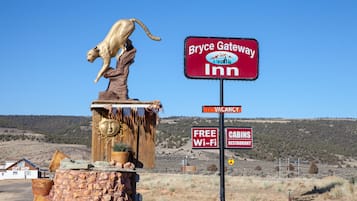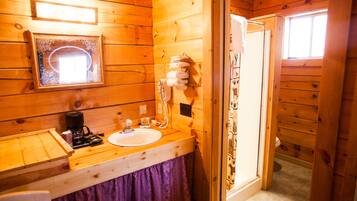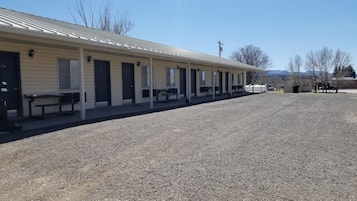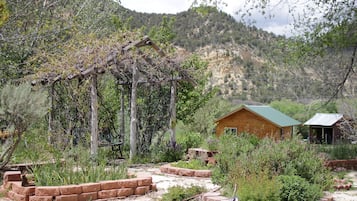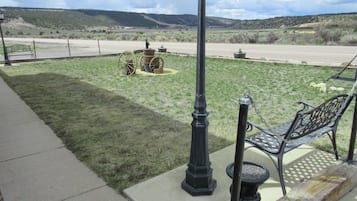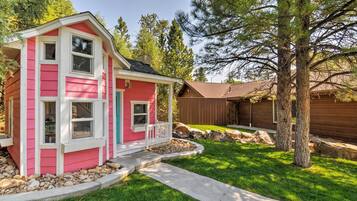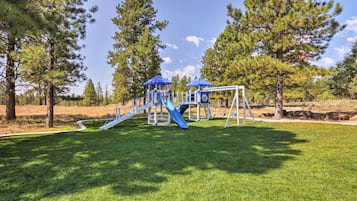사진 제공: Eric & Kristy's Adventures
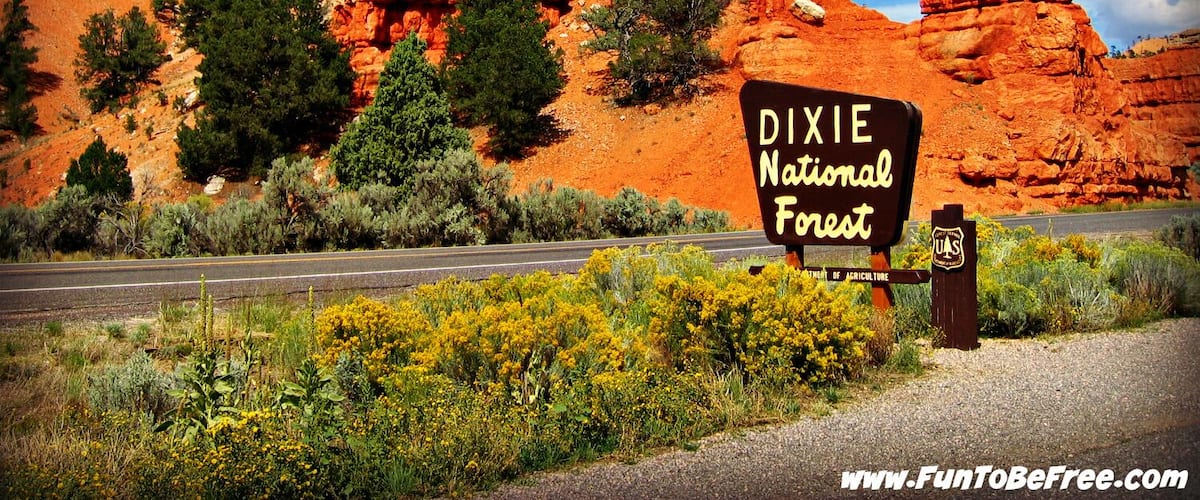
알턴 호텔 검색: 지금 예약 가능한 인기 숙소
- 계획이 변경되어도 안심무료 취소가 가능한 호텔 예약
- 마음에 딱 맞는 옵션약 100만 개의 전 세계 숙박 시설 검색 가능
알턴의 이색적인 숙소를 찾아보세요!
가족 여행에 좋음
코티지
인기 많은 알턴 호텔
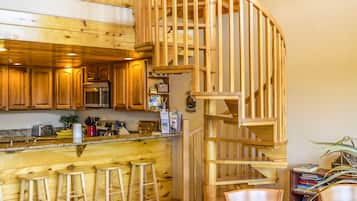
더 로지 앳 덕 크리크
더 로지 앳 덕 크리크메도우 뷰 하이츠
10점 만점 중 9.4점, 최고예요, (이용 후기 93개)
현재 요금 ₩261,469
총 요금: ₩518,486
세금 및 수수료 포함
3월 8일 ~ 3월 9일

덕 크리크 빌리지 인
덕 크리크 빌리지 인Duck Creek Village
10점 만점 중 9.4점, 최고예요, (이용 후기 171개)
현재 요금 ₩267,282
총 요금: ₩313,882
세금 및 수수료 포함
3월 7일 ~ 3월 8일
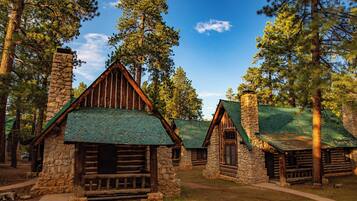
브라이스 캐니언의 더 로지
브라이스 캐니언의 더 로지Bryce Canyon
10점 만점 중 8.8점, 훌륭해요, (이용 후기 87개)
현재 요금 ₩241,626
총 요금: ₩272,845
세금 및 수수료 포함
3월 6일 ~ 3월 7일

브라이스 캐년 파인스
브라이스 캐년 파인스Bryce Canyon
10점 만점 중 8.0점, 매우 좋아요, (이용 후기 1,001개)
현재 요금 ₩90,939
총 요금: ₩102,669
세금 및 수수료 포함
3월 8일 ~ 3월 9일
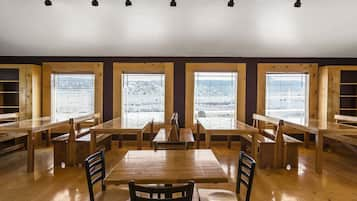
퀄리티 인 브라이스 캐니언
퀄리티 인 브라이스 캐니언Panguitch
10점 만점 중 7.8점, 좋아요, (이용 후기 1,002개)
현재 요금 ₩104,104
총 요금: ₩117,554
세금 및 수수료 포함
3월 19일 ~ 3월 20일

베스트 웨스턴 이스트 자이언 썬더버드 로지
베스트 웨스턴 이스트 자이언 썬더버드 로지Orderville
10점 만점 중 9.0점, 매우 훌륭해요, (이용 후기 1,000개)
현재 요금 ₩139,411
총 요금: ₩160,210
세금 및 수수료 포함
3월 8일 ~ 3월 9일
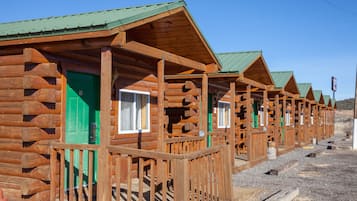
브라이스 게이트웨이인 캐빈
브라이스 게이트웨이인 캐빈Panguitch
10점 만점 중 7.8점, 좋아요, (이용 후기 779개)
현재 요금 ₩102,493
총 요금: ₩115,735
세금 및 수수료 포함
3월 6일 ~ 3월 7일

Galaxy of Hatch between Bryce and Zion
Galaxy of Hatch between Bryce and ZionHatch
10점 만점 중 8.0점, 매우 좋아요, (이용 후기 22개)

로드웨이 인 브라이스 캐년
로드웨이 인 브라이스 캐년Panguitch
10점 만점 중 8.0점, 매우 좋아요, (이용 후기 1,000개)
현재 요금 ₩72,473
총 요금: ₩81,837
세금 및 수수료 포함
3월 11일 ~ 3월 12일

애스펜 코브 리조트
애스펜 코브 리조트Panguitch
10점 만점 중 7.0점, 좋아요, (이용 후기 66개)
현재 요금 ₩156,837
총 요금: ₩177,104
세금 및 수수료 포함
3월 23일 ~ 3월 24일
표시된 요금은 지난 24시간 이내 성인 2명 1박 기준 최저가입니다. 요금과 예약 가능 여부는 변경될 수 있으며, 추가 약관이 적용될 수 있습니다.
알턴 인기 명소 근처 숙소
알턴에 대해 자세히 알아보기
알턴에 가시면 하이킹, 야생동식물, 현지 문화 등을 직접 경험하고 즐겨보세요!
![Take Hwy 89 through the Dixie National Forest. Hot in summer. Beautiful area to explore.
Dixie National Forest is a United States National Forest in Utah with headquarters in Cedar City. It occupies almost two million acres (8,000 km²) and stretches for about 170 miles (270 km) across southern Utah. The largest national forest in Utah, it straddles the divide between the Great Basin and the Colorado River. In descending order of forestland area it is located in parts of Garfield, Washington, Iron, Kane, Wayne, and Piute counties. The majority (over 55%) of forest acreage lies in Garfield County. There are local ranger district offices in Cedar City, Escalante, Panguitch, St. George, and Teasdale.[3]
Elevations vary from 2,800 feet (850 m) above sea level near St. George, Utah to 11,322 feet (3,451 m) at Blue Bell Knoll on Boulder Mountain. The southern rim of the Great Basin, near the Colorado River, provides spectacular scenery. Colorado River canyons are made up of multi-colored cliffs and steep-walled gorges.
The Forest is divided into four geographic areas. High altitude forests in gently rolling hills characterize the Markagunt, Paunsaugunt, and Aquarius Plateaus. Boulder Mountain, one of the largest high-elevation plateaus in the United States, is dotted with hundreds of small lakes 10,000 to 11,000 feet (3,000 to 3,400 m) above sea level. The forest includes the Pine Valley Mountains north of St. George
The Forest has many climatic extremes. Precipitation ranges from 10 inches (250 mm) in the lower elevations to more than 40 inches (1,000 mm) per year near Brian Head Peak 11,307 feet (3,446 m). At the higher elevations, most of the annual precipitation falls as snow. Thunderstorms are common during July and August and produce heavy rains. In some areas, August is the wettest month of the year.
Temperature extremes can be impressive, with summer temperatures exceeding 100 degrees Fahrenheit (38 degrees Celsius) near St. George and winter lows exceeding -30 degrees Fahrenheit (-34 degrees Celsius) on the plateau tops.
The vegetation of the Forest grades from sparse, desert-type plants at the lower elevations to stand of low-growing pinyon pine and juniper dominating the mid-elevations. At the higher elevations, aspen and conifers such as pine, spruce, and fir predominate.
The Dixie Forest Reserve was established on September 25, 1905 by the General Land Office. The name was derived from the local description of the warm southern part of Utah as "Dixie".[4] In 1906 the U.S. Forest Service assumed responsibility for the lands, and on March 4, 1907 it became a National Forest. The western part of Sevier National Forest was added on July 1, 1922, and all of Powell National Forest on October 1, 1944.[5] #RoadTrip](https://images.trvl-media.com/place/553248623139890761/0fda4c56-7838-41e8-8b93-58002efa6942.jpg?impolicy=fcrop&w=900&h=696&p=1&q=high)
Eric & Kristy's Adventures 님의 사진
Eric & Kristy's Adventures 님의 공개 사진
알턴의 인기 호텔 이용 후기
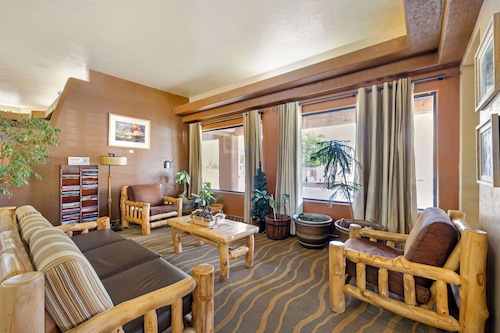
베스트 웨스턴 이스트 자이언 썬더버드 로지
6/10 괜찮아요

브라이스 업탑 로지
10/10 훌륭해요
저렴한 알턴 숙소

로드웨이 인 브라이스 캐년
3090 UT 12 Panguitch UT
3월 11일부터 3월 12일까지 요금은 1박당 ₩72,473입니다.
₩72,473
총 요금: ₩81,837
3월 11일 ~ 3월 12일
세금 및 수수료 포함
자주 묻는 질문(FAQ)
익스피디아와 떠나는 세계 여행
- 선라이즈 포인트 근처 호텔
- 유타 남서부 – 브라이스캐니언의 간이 주방이 있는 호텔
- 브라이스캐니언의 포우사다
- 브라이스캐니언의 캐빈
- 브라이스캐니언의 스파가 있는 리조트 및 호텔
- 브라이스캐니언의 하우스보트
- 유타 남서부 – 브라이스캐니언의 카지노 호텔
- 선셋 포인트 근처 호텔
- 브라이스캐니언의 호스텔
- 나바호/퀸즈 가든 루프 근처 호텔
- 유타 남서부 – 브라이스캐니언의 모텔
- 시더 브레이크스 국가기념지의 개인 별장
- 트로픽 호텔
- 브라이스캐니언의 주차 가능 호텔
- 브라이스캐니언의 웨딩 호텔
- 앤젤스 랜딩 근처 호텔
- 브라이언 헤드 스키 리조트 근처 호텔
- 스왐프 캐년 근처 호텔
- 브라이스캐니언 근처 호텔
- 유타 남서부 – 브라이스캐니언의 캐러밴 ��파크
- 레인보우 포인트 근처 호텔
- 브라이스 내추럴 브리지 근처 호텔
- 유타 남서부 – 브라이스캐니언의 목장
- 브라이스캐니언 호텔
- 해치 호텔
- 유타 남서부 – 브라이스캐니언의 코티지
- 유타 남서부 – 브라이스캐니언의 Motel 6 호텔
- 코다크롬 분지 국립공원 근처 호텔
- 더크 크릭 빌리지 호텔
- 유타 남서부 – 브라이스캐니언의 캐빈
- 브라이스캐니언의 반려동물 동반 가능 호텔
- 더 내로우스 근처 호텔
- 마운트카르멜 호텔
- 벙커 크리크 트레일헤드 근처 호텔
- 유타 남서부 – 브라이스캐니언의 2성급 호텔
- 브라이스캐니언의 저렴한 호텔
- 유타 남서부 – 브라이스캐니언의 온수 욕조가 있는 호텔
- 브라이스캐니언의 온수 욕조가 있는 호텔
- 판귀치 호텔
- 브라이언 헤드 호텔
- 캐니언 포인트 호텔
- 커내브 호텔
- 오더빌 호텔
- 브라이스캐니언의 가족 여행 호텔
- 글렌데�일 호텔
- 시온 자연 공원 동문 입구 근처 호텔
- 브라이스 캐니언 국립공원 근처 호텔
- 브라이스 포인트 근처 호텔
- 브라이스캐니언의 모텔
- 리버사이드 �산책로 근처 호텔
- 브라이스캐니언의 로맨틱 호텔
- 딕시 국유림 근처 호텔
- 매머드 동굴 근처 호텔
- 브라이스캐니언의 게스트하우스








